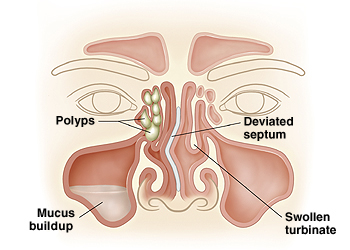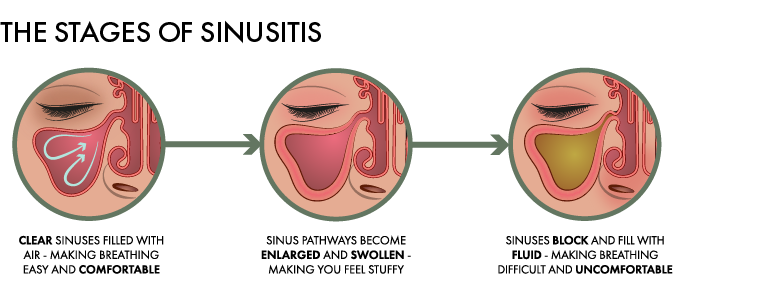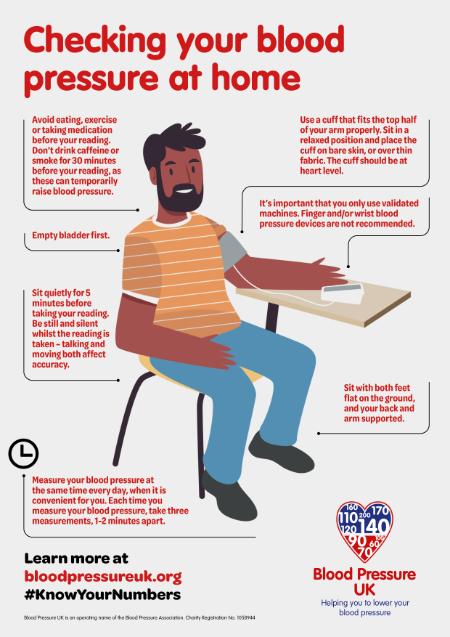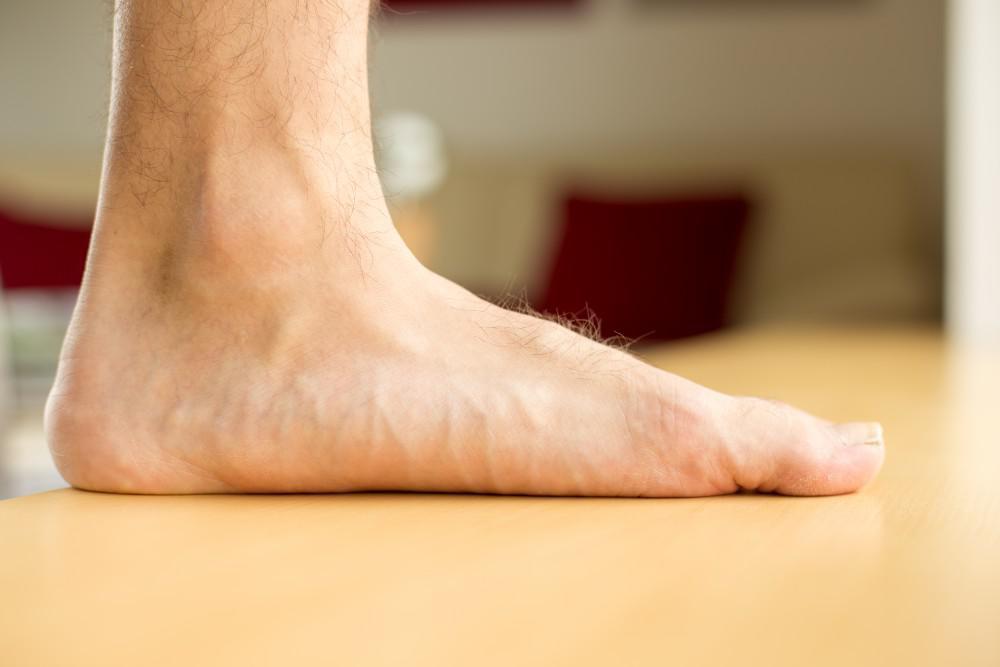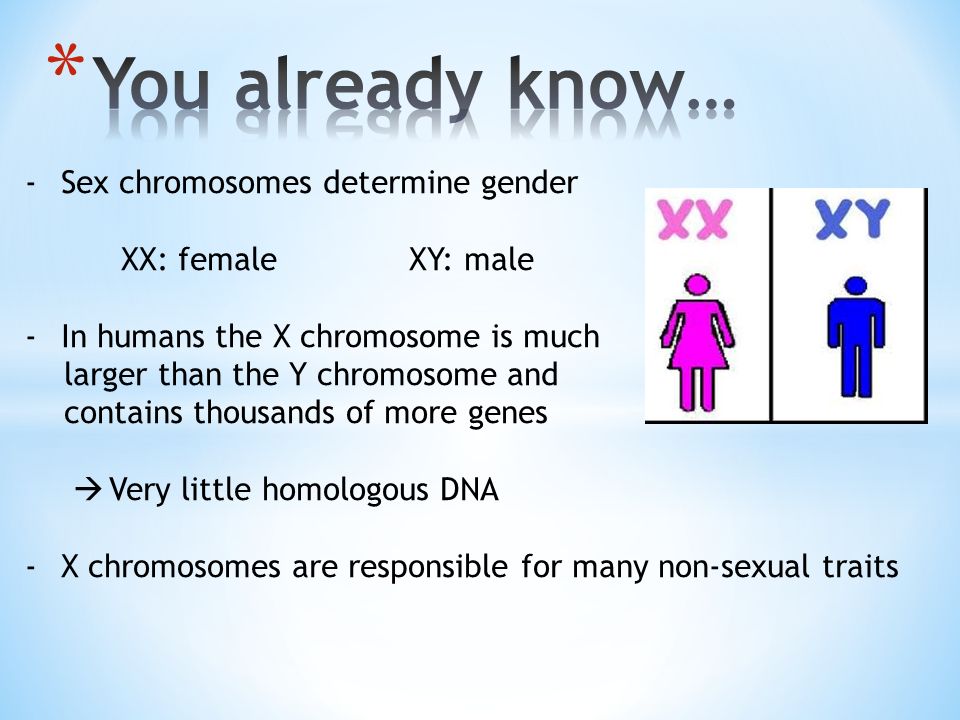
New daily persistent headache is a major headache category that can resemble chronic headaches and even chronic tension headaches
A new headache is recurrent and daily in nature, beginning very shortly after its onset, usually without a history of long-term primary headache disorder. This type of headache can have a variety of triggers, and some of the most common include caffeine, stress, and even drug overuse. However, there are some possible triggers to keep in mind when seeking help.
A new daily persistent headache most often occurs in people over forty and women. The common triggers are unknown, but some doctors suspect a genetic link. It is believed that migraine triggers in the family or other family members may be the cause of headaches. It is also believed that if a person regularly suffers from migraines, he may be susceptible to this particular type of headache.
Another factor that has been identified as a potential trigger for this type of headache is stress headaches that many people experience. There have been studies and it is believed that stress hormones can exacerbate these headaches. Although the exact cause is not clear, it is speculated that those who suffer from stress and anxiety attacks may develop a new migraine.
Other studies have linked caffeine to a variety of different reasons that may contribute to this type of headache. It appears that caffeine can have an effect on the brain chemistry. This headache type is believed to occur in many individuals when they are under stress, particularly those who are in their prime working years.
There are a variety of different treatments for new persistent headaches and they are often prescribed either over the counter medications or by a qualified medical practitioner. These drugs may include pain killers and anti-anxiety medicines.
Other types of drugs that can relieve the symptoms of new persistent headaches include migraine abortive drugs and painkillers. It is important to consult with your doctor before taking any medication as they may interact with other drugs and medications taken for other headaches, such as sinus headaches.
New Daily Persistent Headache is often treated using a variety of methods including conventional medicine, alternative medicine and home remedies. Some physicians will recommend the use of heat therapy as a means of relieving the symptoms and pain associated with this type of headache.
Natural remedies are also used to ease the discomfort. Natural pain relievers, heat therapy and acupuncture are among the most effective in relieving the headaches and other associated symptoms. Although they are not always the best method, they are believed to be effective for most patients.
Home remedies are also commonly employed as an alternative therapy for this type of headache. They are usually based on herbal products that have been known to have medicinal benefits. It is important to consult with your physician before attempting to try any home remedy, especially if you are pregnant or nursing a child.
It is always important to get medical help before resorting to any alternative therapy, as this could prove very harmful or even fatal. Many people do not realize that there are some side effects associated with using alternative therapies and remedies.
There are also times when natural treatments are not enough to cure a new constant headache. headache, and it is important to make an appointment with a doctor to discuss the possibility of surgery or other form of treatment. In some cases, surgery may be necessary.
If a person suffering from frequent headaches feels as if they are not being helped by these natural remedies, they should contact a health care provider immediately for medical advice and to ensure that the problem is resolved. It is not uncommon for a headache sufferer to consult with their family doctor before making a final decision on a course of treatment.

